Medewerkers met het vakgebied Ondernemerschap en MKB
Wetenschap ontwikkelt zich waar verschillende vakgebieden samenkomen. Alleen al daarom bestaat er binnen de RUG een grote verscheidenheid aan vakgebieden, met daarbinnen een groot aantal vakspecialisten. Met behulp van onderstaand overzicht, gebaseerd op een vaststaande indeling van wetenschapsgebieden, vindt u op elk vakgebied de juiste deskundige. Komt de deskundige die u zoekt niet voor in deze lijst? Via een vergelijkbaar vakgebied of een gerelateerde faculteit vindt u mogelijk alsnog de juiste persoon.
Overzicht van alle vakgebieden
Arbeidsmarkten, Sociaale Dynamieken,
Arbeids- & Organisatie Psychologie,
Regeionaale ongelijkheid
Arbeids- & Organisatie Psychologie,
Regeionaale ongelijkheid

Contact
Functie
Postdoctoraal onderzoeker
Supporting UG and UMCG researchers in making impact in society by developing innovative new products/services from their research
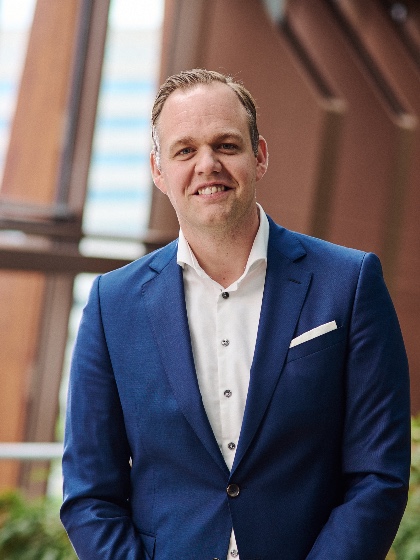
Contact
Functie
Director Stichting Business Generator Groningen
Ondernemerschap in kleine en grote bedrijven / Ondemerschap in zorg
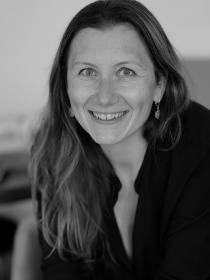
Contact
o.belousova rug.nl
Functie
Assistant professor
Small Business Management & Entrepreneurship
Franchising
Franchising
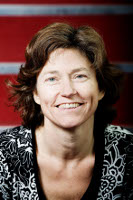
Contact
Functie
Universitair hoofddocent
Vakgebied
Franchising, Small Business Strategy and Management, Innovation, Entrepreneurship, Networks and Cooperation

Contact
Functie
Universitair hoofddocent
Vakgebied
Entrepreneurial cognition Entrepreneurial affect and wellbeing Entrepreneurial learning
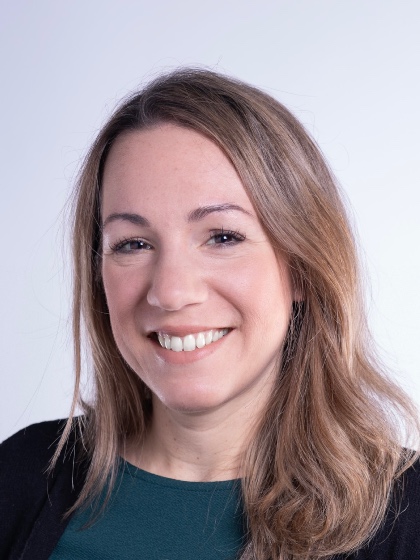
Contact
Functie
Assistant Professor
Corporate Venturing, Inter-Organizational Relationships, Networks
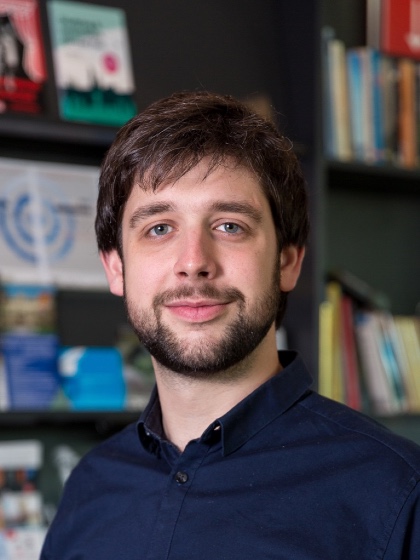
Contact
Functie
Universitair Docent Innovation Management & Strategy
How can entrepreneurs and business contribute to solving complex social problems? The answer to this question becomes more pressing in a world where existing solutions are not delivering enough impact. Traditionally, we have looked at governments,... lees meer
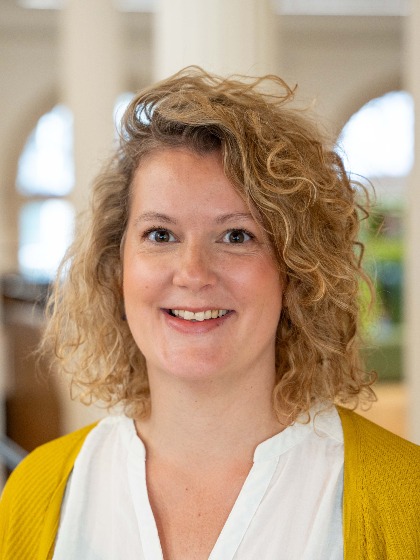
Contact
e.c.folmer rug.nl
Functie
Assistant professor sustainable entrepreneurship
Vakgebied

Contact
Functie
Universitair Docent
Onderzoek, onderwijs over- en ondersteuning van ondernemerschap in nieuwe of bestaande bedrijven die innovatieve business ontwikkelen. Meestal in technologische context. Verder naar internationale business development relaties.
steekwoorden:... lees meer
steekwoorden:... lees meer
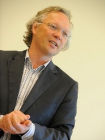
Contact
Functie
Hoogleraar Ondernemerschap & Valorisatie
Insolventierecht

Contact
Functie
Universitair docent
Vakgebied
Regionale PPS-en, campus ontwikkeling en innovatie faciliteiten (infrastructuur en ecosysteem ontwikkelaar)
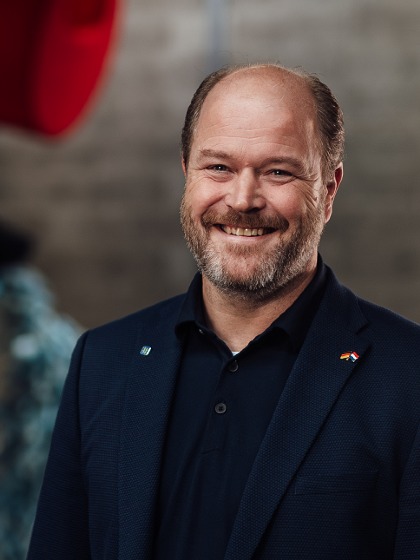
Contact
Functie
Coordinator Externe Samenwerking, deputy dir. UGNWG
Regionaal Economische Ontwikkeling en Ondernemerschap
Regionale Arbeidsmarkten en Vaardigheden
Regionale Sociaal-economische Ongelijkheid
Regionale Arbeidsmarkten en Vaardigheden
Regionale Sociaal-economische Ongelijkheid
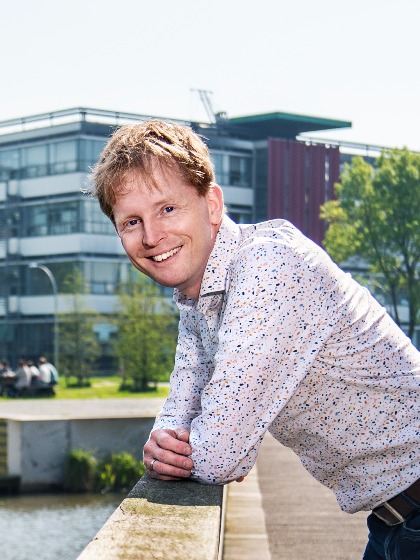
Contact
Functie
Hoogleraar Economische Geografie en Arbeidsmarktdynamiek
Ondernemerschapsonderwijs

Contact
Functie
PhD student
Ondernemerschapsonderwijs, ondernemend leren, ondernemersidentiteit
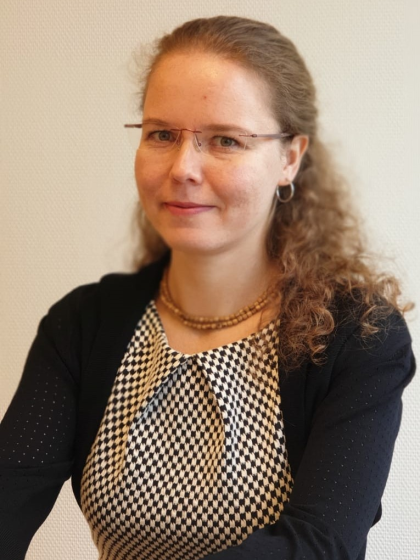
Contact
Functie
Universitair docent ondernemerschap
Sustainable business models, energy citizenship, rural and regional development, community empowerment, community, community resilience, qualitative research methods, LEGO® Serious Play® method (officially trained facilitator).

Contact
Functie
Lecturer of Sustainable Business and Entrepreneurship
Mijn onderzoek verkent de brede impact van migrantenondernemerschap op integratie, voorbij traditionele economische indicatoren. Migranten trekken om verschillende redenen weg van hun gebruikelijke woonplaats, zoals werk, studie of onder dwang. Door... lees meer
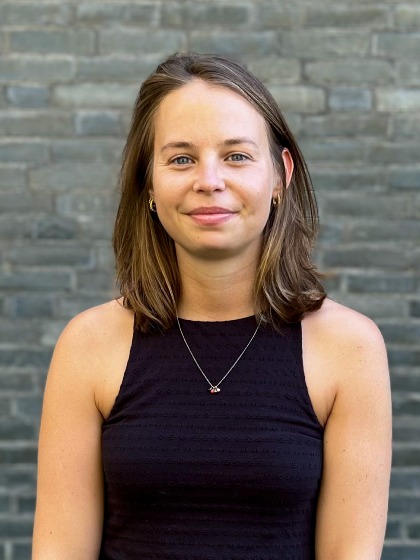
Contact
Functie
PhD Candidate
Strategisch ondernemerschap
Samenwerking voor innovatie
Duurzaamheidstransitie
Ondernemerschap en sociaal ondernemerschap
Laatste blogposts:
The Relevance of Costs in Scaling Social Innovation Projects
How do founders’ personal backgrounds affect their... lees meer
Samenwerking voor innovatie
Duurzaamheidstransitie
Ondernemerschap en sociaal ondernemerschap
Laatste blogposts:
The Relevance of Costs in Scaling Social Innovation Projects
How do founders’ personal backgrounds affect their... lees meer

Contact
Functie
Hoogleraar Ondernemerschap en Innovatie
Expert in early stage startup support: what does a budding entrepreneur need to succeed. I can help connect you to the right people, have a look at the idea towards a business plan, and be a sparring partner.
I can help scientists create more impact with... lees meer
I can help scientists create more impact with... lees meer
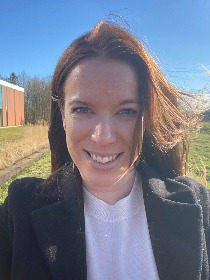
Contact
a.m.ouendag rug.nl
Functie
Impact Officer - Entrepreneurship
Vakgebied
Entrepreneur
Ecosystem Development
Ecosystem Development
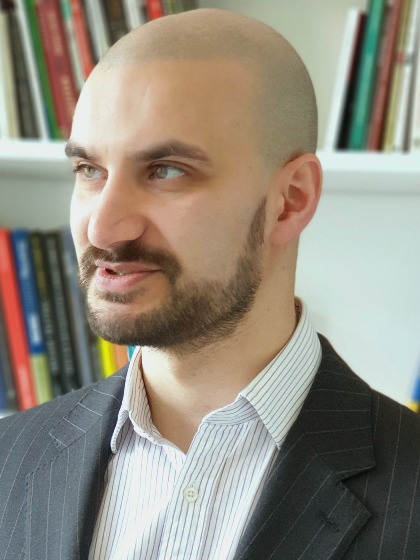
Contact
r.e.v.rushby rug.nl
Functie
Head of Incubator
I make sure that people are able to get their jobs done. This is done through training, experiential learning, and counceling in order to: devise clear goals, design and monitoring processes, map out the necessary and available resources, foster openness... read more

Contact
Functie
Assistant Professor of Entrepreneurship
My research focuses on the link between entrepreneurship and regional development. This includes understanding the historical, cultural and institutional roots of entrepreneurship and a broad understanding of development, covering aspects such as... read more
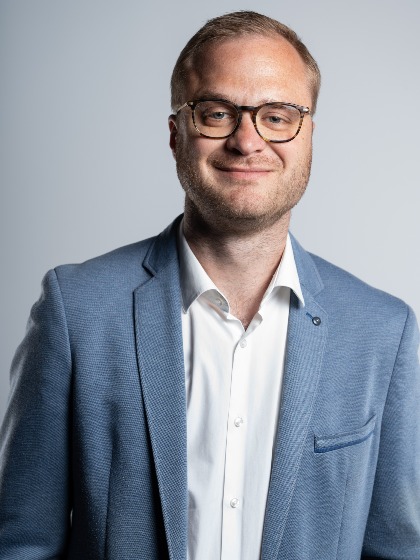
Contact
Functie
Full Professor of Entrepreneurship and Regional Development
Vakgebied
Social enterprises, Sustainable supply chain management, Procurement
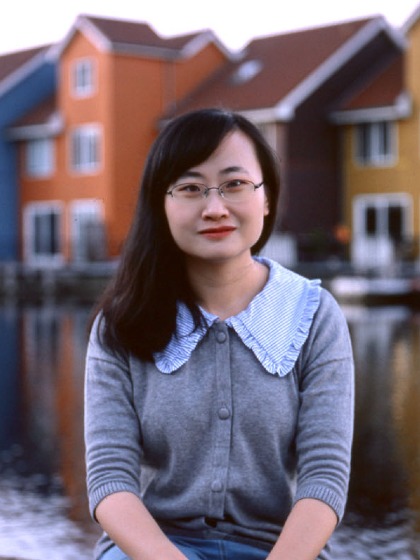
View this page in: English
